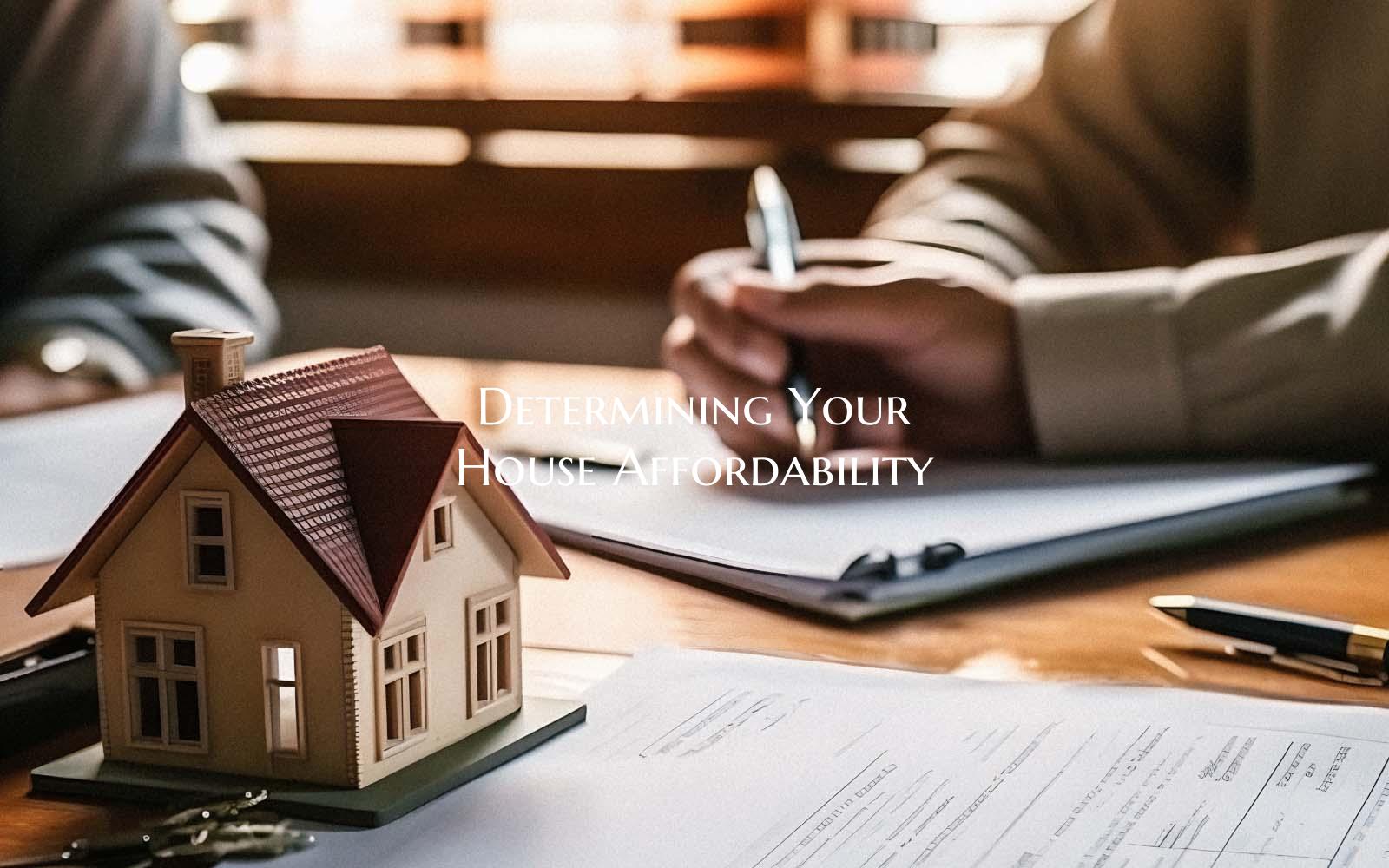Determining Your House Affordability

Buying a house is a significant financial decision that requires careful consideration of your current financial situation and future goals. One of the key aspects to keep in mind is determining your house affordability, ensuring that you purchase a property that fits within your budget without causing financial strain. Here are some essential steps to help you assess and determine the affordability of a house:
1. Calculate Your Budget: Start by evaluating your current income, expenses, and financial commitments. Use this information to determine a realistic budget for purchasing a house. Consider factors such as your monthly income, existing debts, savings for a down payment, and potential future expenses.
2. Determine Your Down Payment: A down payment is an upfront payment made towards the purchase price of a house. Saving for a substantial down payment can help lower your monthly mortgage payments and overall cost of homeownership. Aim for a down payment that is within your means while keeping your mortgage amount manageable.
3. Consider Additional Costs: In addition to the purchase price of the house, there are various additional costs associated with buying a home. These may include closing costs, property taxes, homeowner's insurance, maintenance and repair expenses, and potentially homeowner association fees. Factor in these costs when assessing the affordability of a house.
4. Calculate Your Debt-to-Income Ratio: Lenders typically look at your debt-to-income ratio to determine how much you can afford to borrow. Aim to keep your total debt payments, including the future mortgage, below a certain percentage of your income to ensure financial stability.
5. Get Pre-Approved for a Mortgage: Before starting your house hunt, it is advisable to get pre-approved for a mortgage. This process involves a lender evaluating your financial information and credit score to determine how much you can borrow. This can give you a realistic understanding of your purchasing power and help you narrow down your house options.
6. Plan for Future Expenses: When assessing the affordability of a house, consider your long-term financial goals and any potential future expenses. Factor in upcoming life events, such as starting a family, career changes, or retirement plans, to ensure that the house you purchase aligns with your future needs.
Determining your house affordability is a crucial step in the home-buying process. By carefully evaluating your financial situation, setting a realistic budget, considering additional costs, and planning for the future, you can make an informed decision and find a house that fits your financial goals and lifestyle. Prioritizing financial stability and staying within your means will help you enjoy homeownership without unnecessary financial stress.
